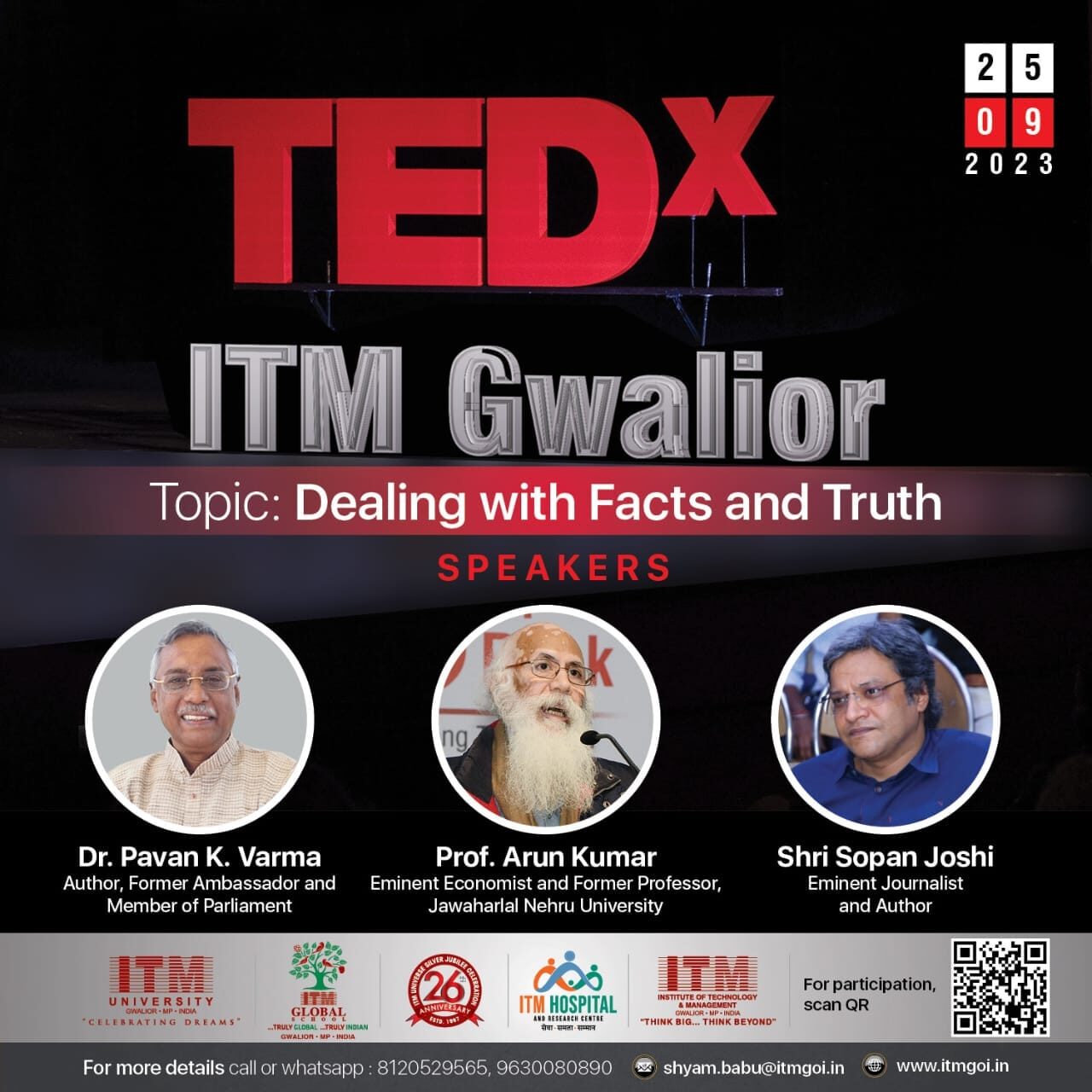Phone Call After TedX

Caller: How was your experience at the TEDx talk?
Response: It was fantastic. I had an unexpected opportunity to meet the university’s managing director, essentially the owner, who then introduced me to some of the speakers. I also had a conversation with the Vice Chancellor, who expressed concerns about declining moral values among students. I suggested that if they continue to hold discussions on relativism, such concerns might persist.
Caller: Relativism is quite a complex topic due to the existence of relative truths.
Response: Well, in my view, if something is true, it’s an absolute truth.
Caller: For instance, it’s 10 pm in India, but it’s a different time in America.
Response: Absolutely, that’s the truth – it’s 10 pm in India and a different time in America.
Caller: Can you provide an example of an absolute truth?
Response: An example would be, “I like vanilla ice cream.”
Caller: But someone else might like chocolate.
Response: That’s true, but “I like vanilla ice cream” is a truth that applies to me, someone who prefers chocolate, you, and everyone else, regardless of their location, mood or preferences.
How about an example of relative truth?
Response: (Silence)
After hearing today’s talks, I find it hypocritical for those who believe in relativism to attempt to prove it. If you believe your perspective is as valid as others’, why try to prove it? Furthermore, one can’t prove relativism without resorting to absolute terms, which can lead to disapproval rather than approval.
Caller: Even though I have a different viewpoint, I really appreciate the way you presented this argument. It’s not something I’ve heard before, but it’s undeniably complex.
Response: It might seem complex, but it’s our worldviews that make it so. Just as you perceive the influence of patriarchy more clearly than I do, some may find the concept of absolute truth clearer than others.
Caller: These discussions are essential for a deeper understanding.
Response: Absolutely true.